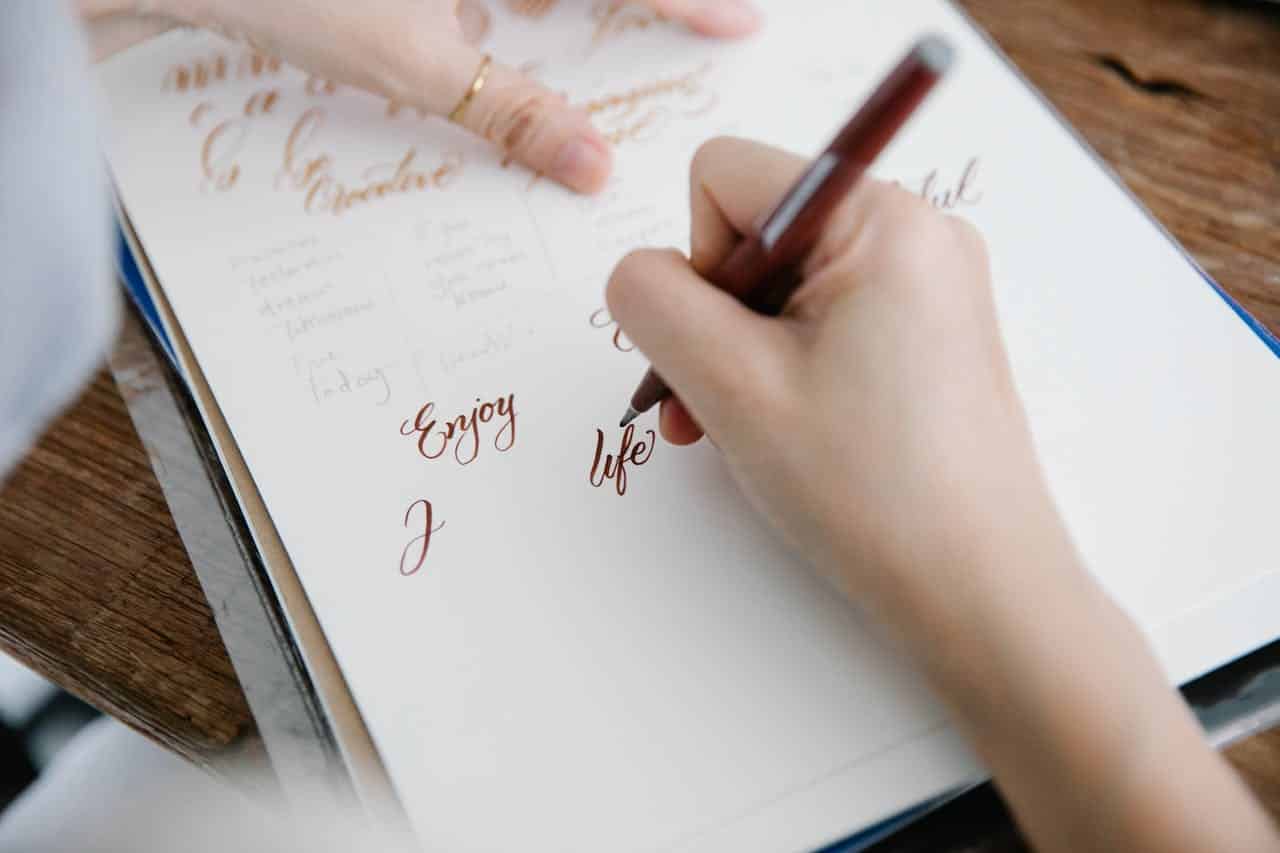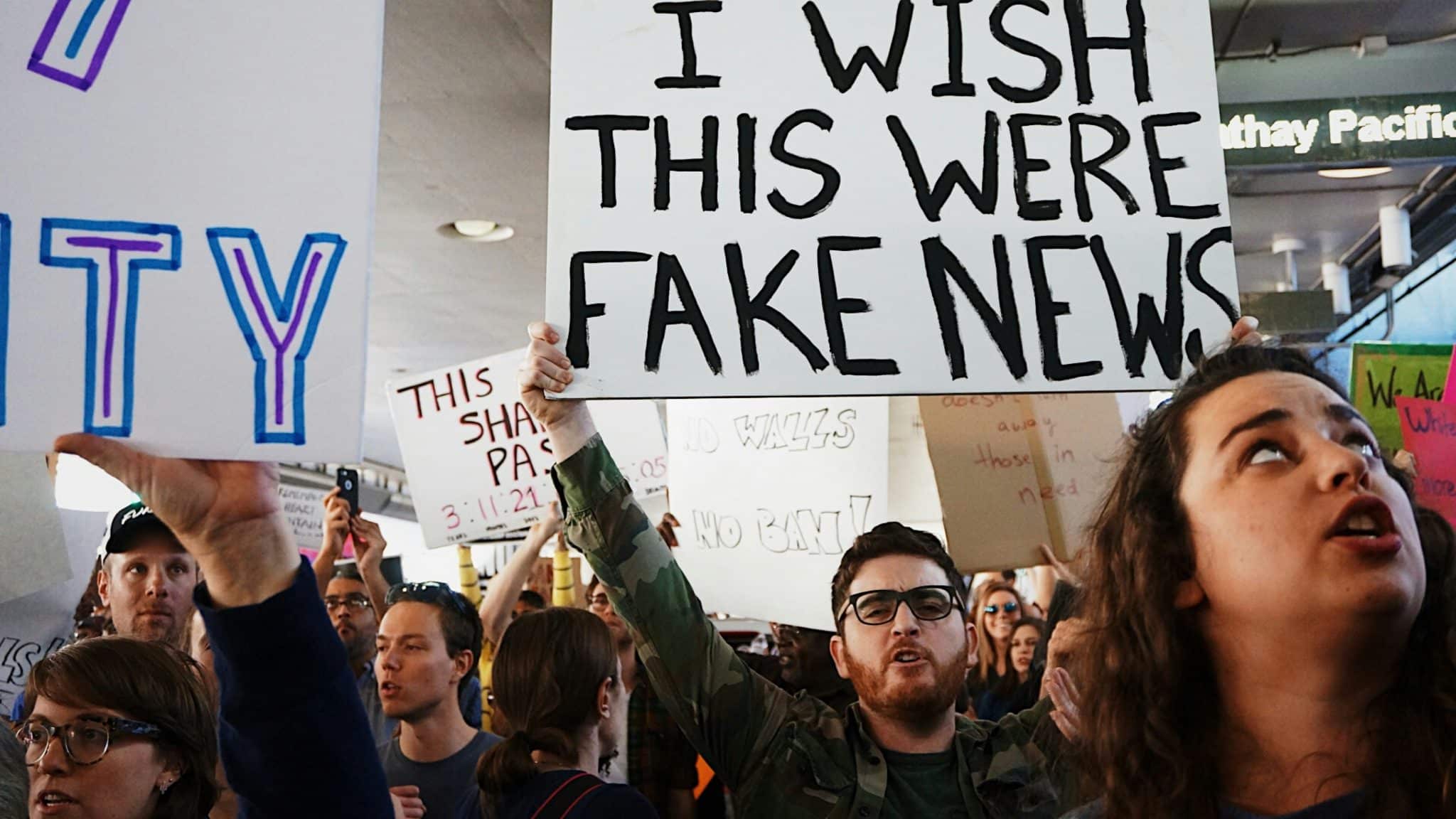Jackson Ford: Nothing Beats the Buzz When Someone Loves Your Work!

For this author, the benefits of social media can be enjoyed in just an hour a day
Here at Freedom, we frequently find ourselves inspired by the people who use our product.
From Academy Award-nominated screenwriters, bestselling authors, editors, and journalists, to developers, illustrators, designers, academics, and entrepreneurs – the Freedom community is packed with curious, creative, and passionate go-getters.
We love to share your stories because we believe the best way to solve the problems we face at work in today’s world is to learn from those who are living those experiences daily– and thriving while they do so!
Meet Jackson Ford
Jackson Ford is a South African author living in Vancouver. He spends his time working out how to smash rap music, food, and superpowers into something people will want to read. He is the author of the Frost Files series, which has been optioned for television by CBS, as well as other multiple novels, and his short fiction has appeared in several anthologies and collections.
A former journalist and editor, Jackson has written for The Guardian, Wired, BBC, IO9, Huck, The Master Switch, Noisey, Boat, and many more. We were excited to learn more about his work process, how he stays motivated, and how he got a handle on his scrolling addiction.
How did you get into writing and when did you start?
I was a really skinny kid, the youngest in my class, big glasses. I had zero coordination and had no idea how sports worked. Writing was the one thing I could do better than just about anybody else, so I ended up doing a lot of it.
Stephen King once wrote that even three hours of writing that go badly are still three hours in the playground, and that’s exactly how I feel too.
What excites you most about what you do?
Are you kidding? I literally get to make things up for a living. I create characters and stories in my head and write them down. It is pretty amazing that I get paid to do this. Stephen King once wrote that even three hours of writing that go badly are still three hours in the playground, and that’s exactly how I feel too.
The business of writing can be tough, but nothing beats the buzz of interacting with someone who loves your work. Talking to readers and seeing their fan art and cosplay is the absolute best part of the job. Even reading one-star reviews is fun. Mostly because some of them are hilarious.
At what point did you realize that tech was taking a toll on your productivity and time? Or, when did you know that you had to do something about it?
I’ve been aware of this for a while. I used to think I didn’t have an addictive personality, but then I got a smartphone. I made several attempts to reduce my social media use, including deleting apps off my phone, but they just never stuck.
But around the time of the 2020 US election, it got really alarming. I was spending way, way too much time on my phone. It was impacting my physical health (my wrists and fingers) as well as my mental health. I clearly couldn’t be trusted with endless access to social media, so I decided to do something about it.
How do you incorporate Freedom into your daily routine?
I never actually wanted to quit social media. I’ve made a lot of friends there, and it’s been a fantastic venue for interacting with readers. But what I wanted to do was reduce endless scrolling. I wanted to introduce some intentionality into my social media use.
I figured that most of what I needed to do on social media, in terms of sharing my stuff and talking to people, could probably be done in about twenty minutes. I shouldn’t need to spend more than that every day on Twitter and Instagram.
It took a little work to set up, but I now have Freedom running all the time except for a very short period. Twenty minutes actually proved too little—I end up rushing a lot of things, and it doesn’t leave a lot of wiggle room if, for example, my dog decides he wants to go for his evening walk early (he can be a bit obnoxious that way). What I have now works pretty well: I only get to use social media between 3.30 and 4.30 pm every day. That’s it.

What is something you have learned that you wish your younger self knew in regard to staying productive, creative and focused?
“There are going to be times, usually at about 4 o’clock in the afternoon, when you’re filing your fifteenth piece of freelance writing that month, that you think long and hard about packing it in. Keep going. Because those little stories represent hours and hours and hours of writing. You’re getting paid to work on your craft, and that will be a very valuable thing that will literally buy you a house one day.”
I strongly believe that you cannot be a good writer unless you are a good reader, and the more I read, the better I get.
What resources or tools have found most beneficial to your writing process?
I’m always reading. Anything and everything. Fiction, non-fiction, graphic novels, cookbooks… whatever I can find. I am a total omnivore. I strongly believe that you cannot be a good writer unless you are a good reader, and the more I read, the better I get.
To directly answer the question, I guess my local library is probably the resource that matters the most because my appetite outstrips my budget.

Do you have a productivity playlist or music genre that helps keep you focused?
I used to listen to lots of dub reggae while I was writing. But a few years ago I had a head injury that caused a lot of problems, and one of those problems, weirdly, was that listening to music and writing at the same time became exhausting. I don’t like it, but I’ve gotten used to it.
What is one small shift that you have made about the way you spend your time that had the largest impact on your quality of life?
It sounds weird, but planning and even preparing what I’m going to have for lunch and dinner in advance. I spend my entire workday making thousands of choices: about the story, about the characters, about individual words.
But simply taking a bit of time every weekend to make sure I either have something nutritious and tasty in the fridge or can make a meal quickly and easily has been a huge step. I tend to undereat, which is a bit of a problem as I’m still skinny, so this step helps me solve that problem too.

What do you do outside of your work routine that helps you stay productive?
One of the weirdly positive things about the head injury I mentioned was that it gave me crippling insomnia. It was really impacting my life, and so I had no choice but to deal with it.
I used a technique called CBTI (Cognitive Behavioural Therapy for Insomnia), which is considered the gold standard in sleep medicine. It also happens to be completely free, which is nice. It requires an incredible amount of willpower to do—no sugar coating that—but you cannot believe the difference it makes.
Sleep is the foundation of absolutely everything we do, and I’m very pleased to say that most nights, I sleep for a solid seven to eight hours. Unless my dog wants to let me know very loudly that a squirrel just jumped out of a tree five miles away.
What inspires you to improve your craft?
Man, listen. We are living in an absolutely golden time for fiction right now. There are so many brilliant, exciting writers getting published, and almost everything I read inspires me to get better. The bar is so incredibly high now, and I mean that as a good thing.
What projects are you currently working on that you are most excited about?
The next book in my Frost Files series, which is about a telekinetic government agent who really just wants to be left alone so she can open her own restaurant, comes out in May. It’s called A Sh*tload of Crazy Powers, and I genuinely think it’s the best one in the series yet. I cannot wait to drop that.
There are four books in the series so far, but the beauty of it is that you don’t have to start from the beginning. Each one is designed as a self-contained adventure, so you can drop in anywhere.

Jackson’s new book is published by Orbit and will be released on May 10th. Until then, you can keep up with him on Twitter and Instagram (only for one hour a day, remember!) and visit his website.




